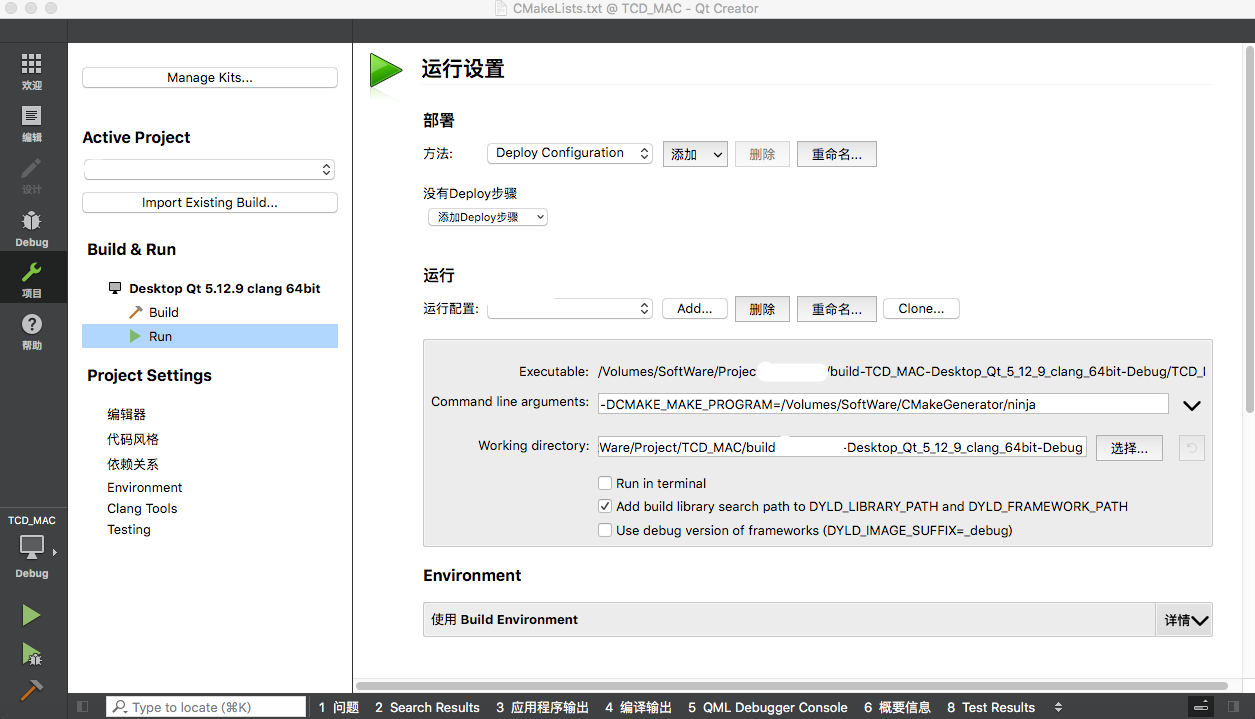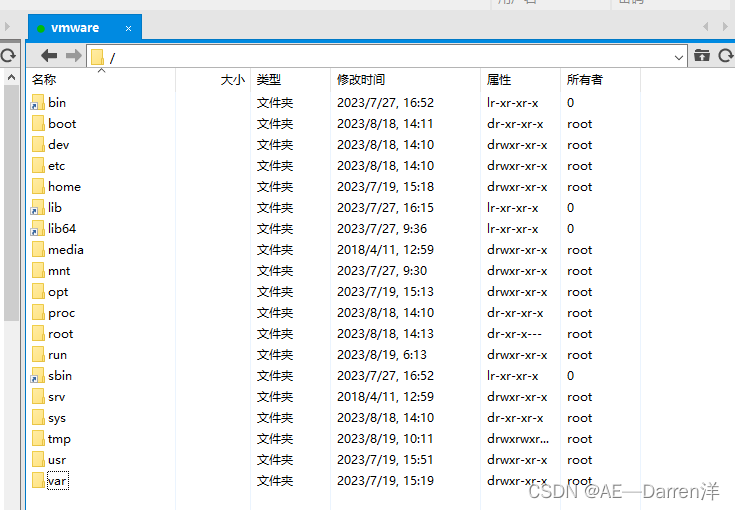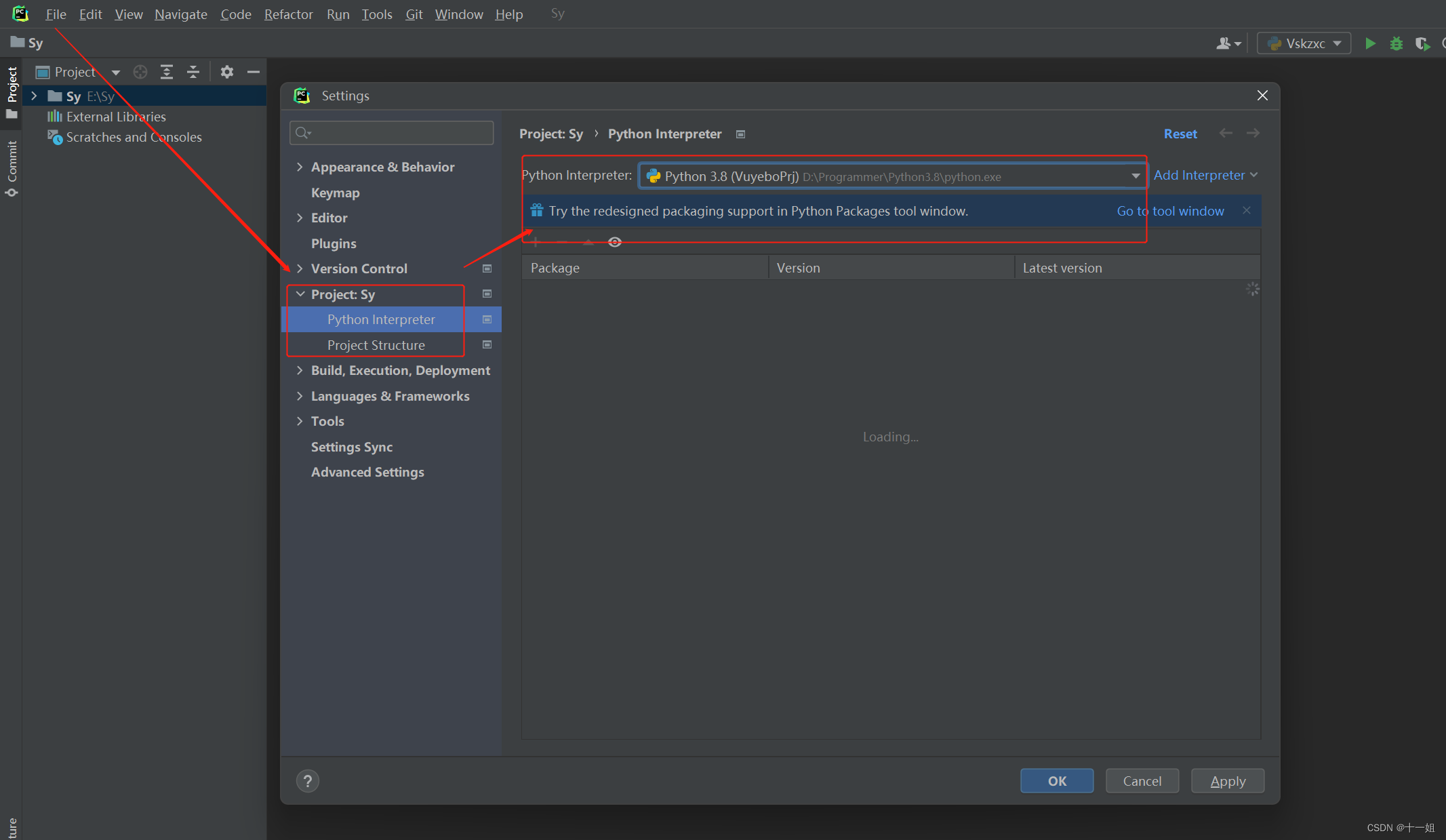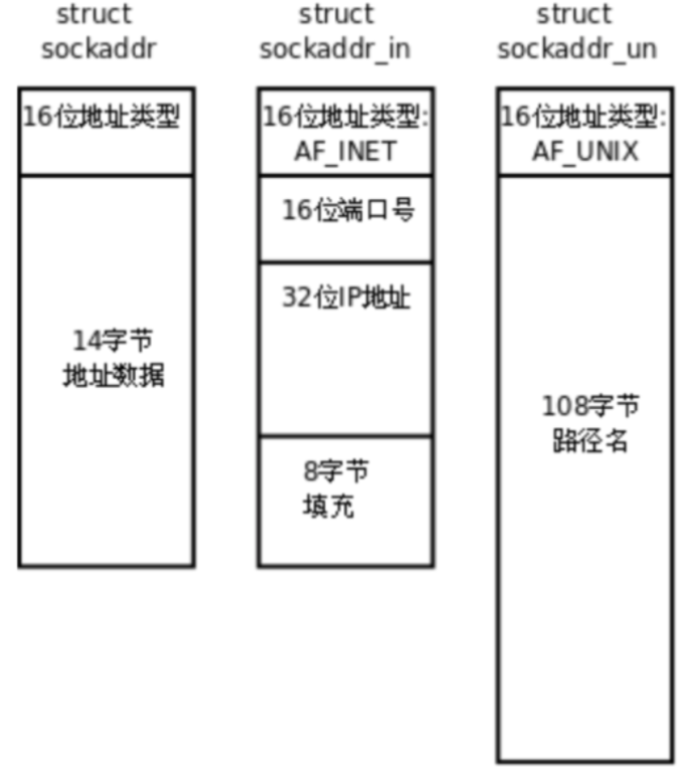本代码不能直接用于红路灯,只是提供一个思路
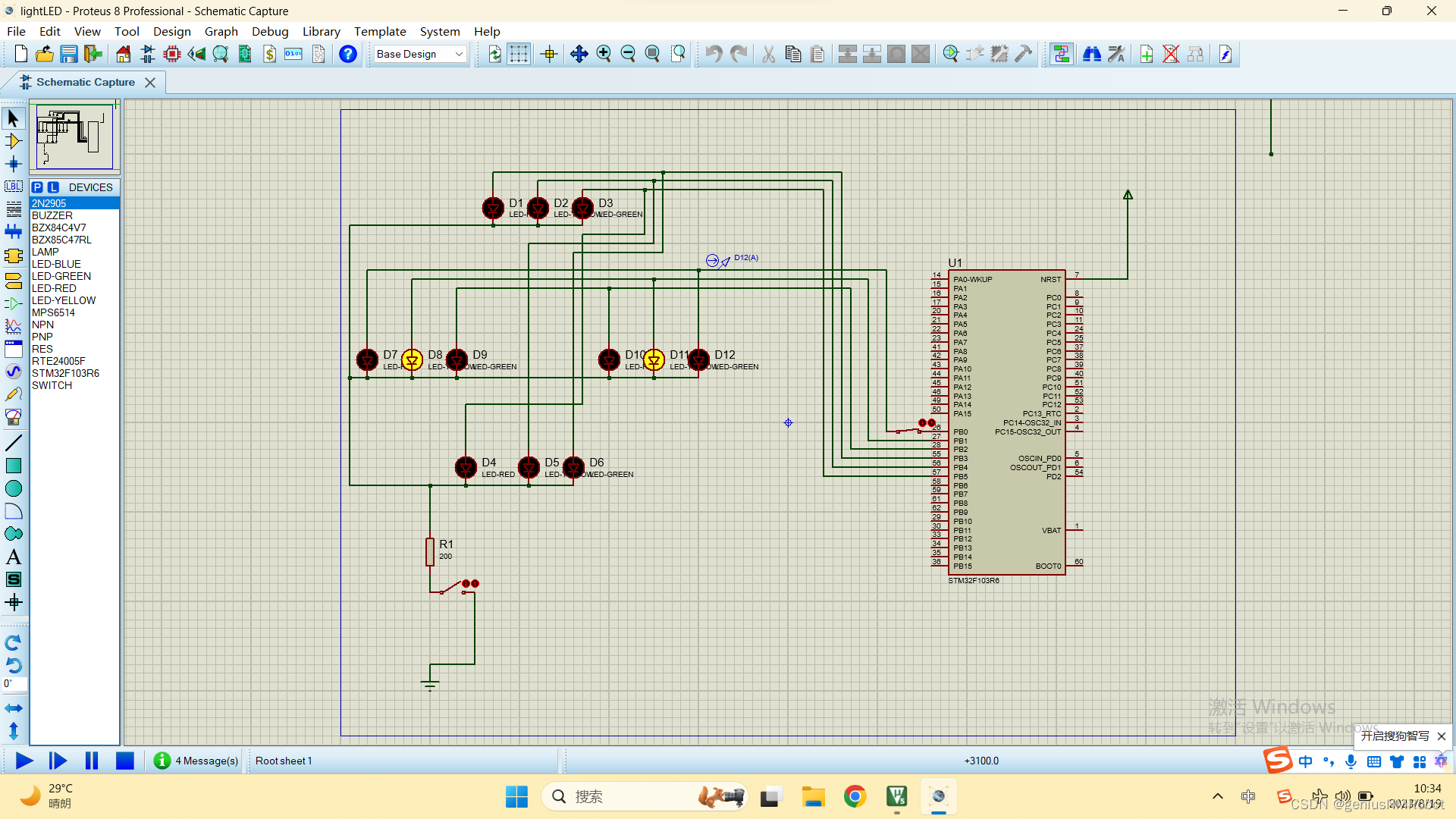
#include "main.h"
#include "gpio.h"
void SystemClock_Config(void);
void MX_GPIO_Init(void)
{
GPIO_InitTypeDef GPIO_InitStruct = {0};
/* GPIO Ports Clock Enable */
__HAL_RCC_GPIOB_CLK_ENABLE(); //我要使用PB 全部的PB都激活了
/*Configure GPIO pin : PB0 */
GPIO_InitStruct.Pin = GPIO_PIN_0|GPIO_PIN_1|GPIO_PIN_2|GPIO_PIN_3|GPIO_PIN_4|GPIO_PIN_5;
GPIO_InitStruct.Mode = GPIO_MODE_OUTPUT_PP;
GPIO_InitStruct.Pull = GPIO_NOPULL;
GPIO_InitStruct.Speed = GPIO_SPEED_FREQ_HIGH;
HAL_GPIO_Init(GPIOB, &GPIO_InitStruct);
}
int main(void)
{
HAL_Init();
SystemClock_Config();
MX_GPIO_Init();
while (1)
{
int i=0;
GPIOB->ODR=0X0;
GPIOB->ODR=GPIO_PIN_2;
HAL_Delay(5000);
for(i=0;i<5;i++)
{
GPIOB->ODR=GPIO_PIN_1;
HAL_Delay(500);
GPIOB->ODR=0;
HAL_Delay(500);
}
GPIOB->ODR=GPIO_PIN_0;
HAL_Delay(5000);
GPIOB->ODR=0X0;
GPIOB->ODR=GPIO_PIN_3;
HAL_Delay(5000);
for(i=0;i<5;i++)
{
GPIOB->ODR=GPIO_PIN_4;
HAL_Delay(500);
GPIOB->ODR=0;
HAL_Delay(500);
}
GPIOB->ODR=GPIO_PIN_5;
HAL_Delay(5000);
}
/* USER CODE END 3 */
}
void SystemClock_Config(void)
{
RCC_OscInitTypeDef RCC_OscInitStruct = {0};
RCC_ClkInitTypeDef RCC_ClkInitStruct = {0};
/** Initializes the RCC Oscillators according to the specified parameters
* in the RCC_OscInitTypeDef structure.
*/
RCC_OscInitStruct.OscillatorType = RCC_OSCILLATORTYPE_HSI;
RCC_OscInitStruct.HSIState = RCC_HSI_ON;
RCC_OscInitStruct.HSICalibrationValue = RCC_HSICALIBRATION_DEFAULT;
RCC_OscInitStruct.PLL.PLLState = RCC_PLL_NONE;
if (HAL_RCC_OscConfig(&RCC_OscInitStruct) != HAL_OK)
{
Error_Handler();
}
/** Initializes the CPU, AHB and APB buses clocks
*/
RCC_ClkInitStruct.ClockType = RCC_CLOCKTYPE_HCLK|RCC_CLOCKTYPE_SYSCLK
|RCC_CLOCKTYPE_PCLK1|RCC_CLOCKTYPE_PCLK2;
RCC_ClkInitStruct.SYSCLKSource = RCC_SYSCLKSOURCE_HSI;
RCC_ClkInitStruct.AHBCLKDivider = RCC_SYSCLK_DIV1;
RCC_ClkInitStruct.APB1CLKDivider = RCC_HCLK_DIV1;
RCC_ClkInitStruct.APB2CLKDivider = RCC_HCLK_DIV1;
if (HAL_RCC_ClockConfig(&RCC_ClkInitStruct, FLASH_LATENCY_0) != HAL_OK)
{
Error_Handler();
}
}
/* USER CODE BEGIN 4 */
/* USER CODE END 4 */
/**
* @brief This function is executed in case of error occurrence.
* @retval None
*/
void Error_Handler(void)
{
/* USER CODE BEGIN Error_Handler_Debug */
/* User can add his own implementation to report the HAL error return state */
__disable_irq();
while (1)
{
}
/* USER CODE END Error_Handler_Debug */
}
#ifdef USE_FULL_ASSERT
/**
* @brief Reports the name of the source file and the source line number
* where the assert_param error has occurred.
* @param file: pointer to the source file name
* @param line: assert_param error line source number
* @retval None
*/
void assert_failed(uint8_t *file, uint32_t line)
{
/* USER CODE BEGIN 6 */
/* User can add his own implementation to report the file name and line number,
ex: printf("Wrong parameters value: file %s on line %d\r\n", file, line) */
/* USER CODE END 6 */
}
#endif /* USE_FULL_ASSERT */
可以看到如果只是输入输出,已经跟51单片机差不多了,就是操作寄存器。而且提供了一个很方便的东西就是GPIO_PIN_X这样的宏,已经不用我自己来写了。不过我写的时候并不知道这个东西

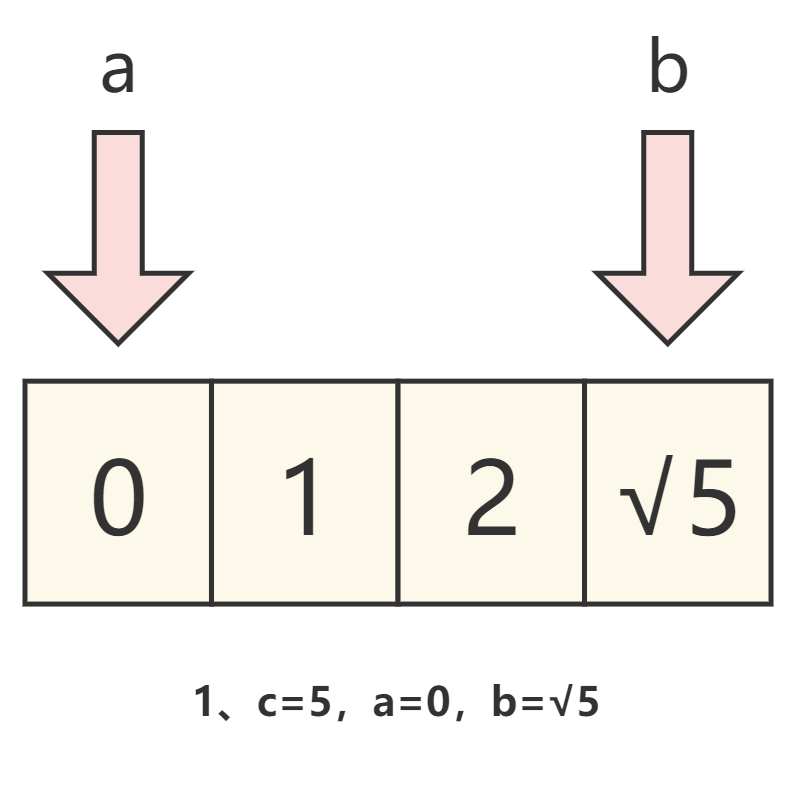
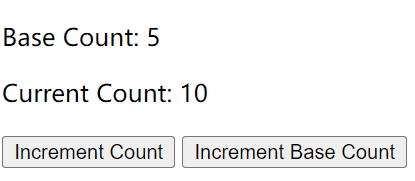

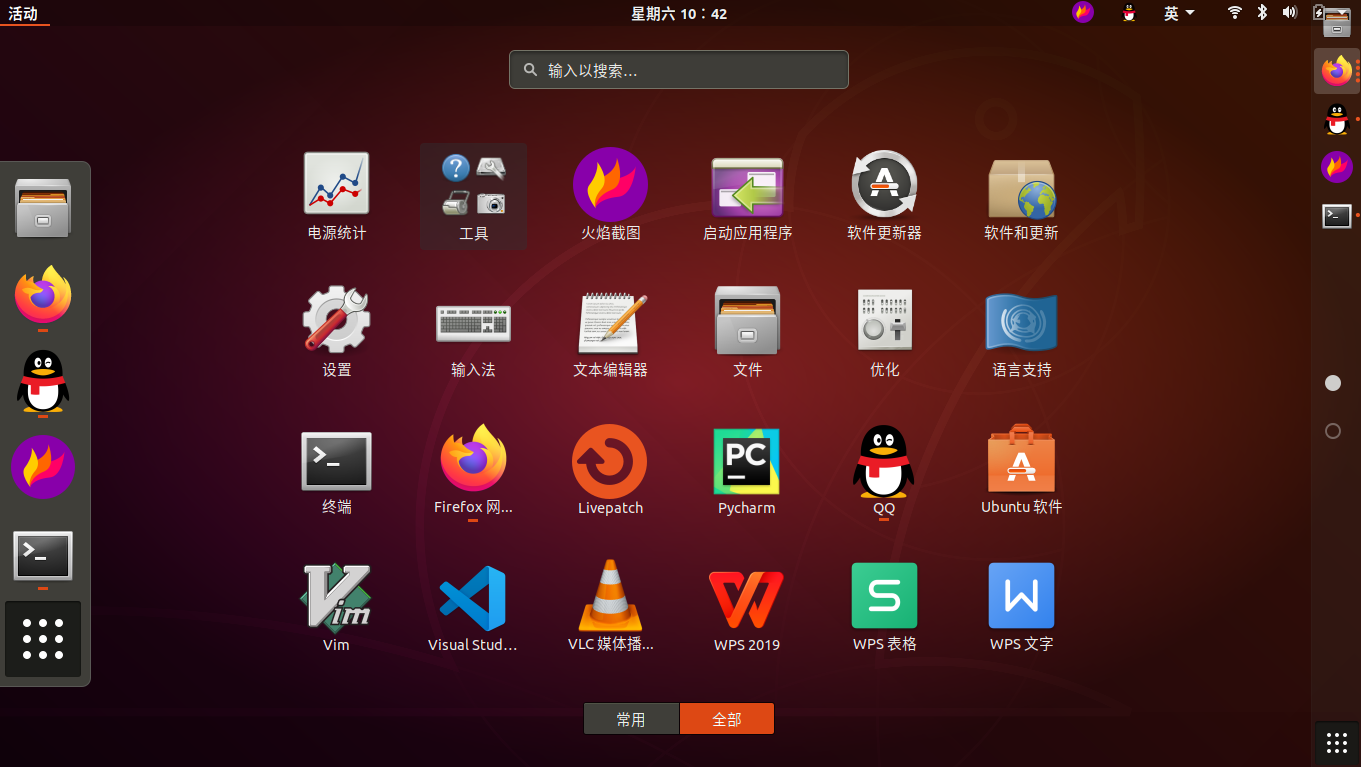



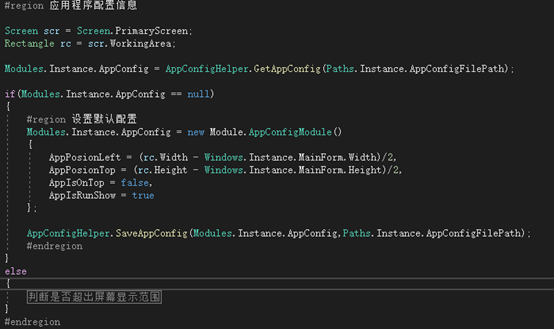
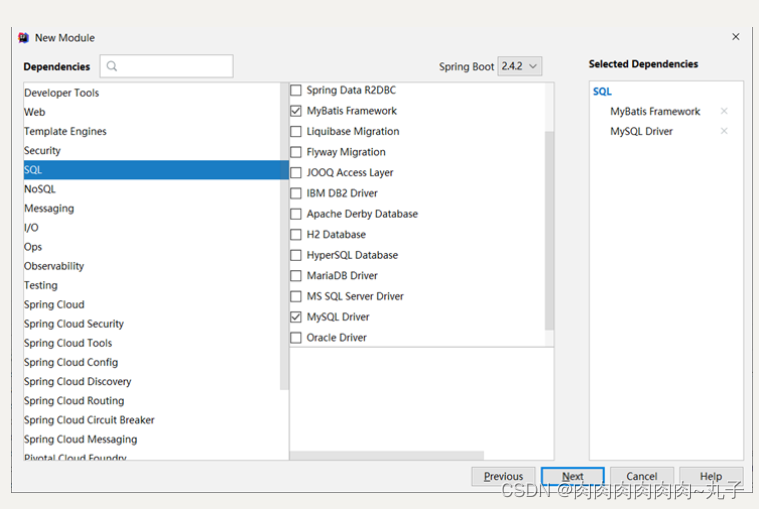

![[管理与领导-27]:IT基层管理者 - 团队管理 - 育人 - 如何评估团队的能力?如何培养团队?](https://img-blog.csdnimg.cn/img_convert/807bcf4d77434fb6d9c925f4c2f0fdf7.jpeg)
